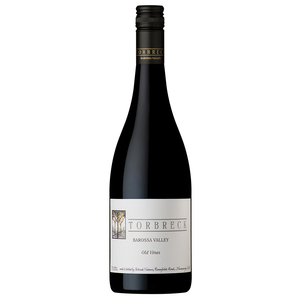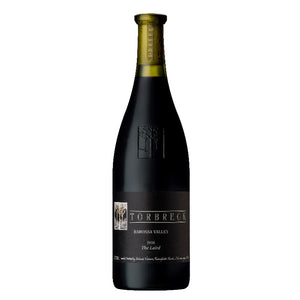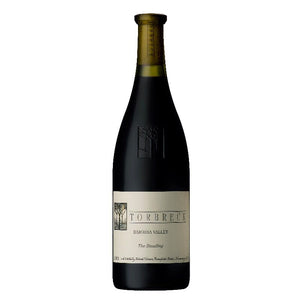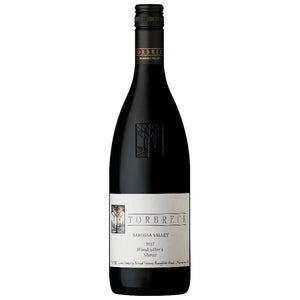
Torbreck
The Barossa region has a mild Mediterranean climate, which means that summers are hot and dry and rain clouds occur mainly in winter. The climate conditions are ideal for heat and sun-loving grape varieties, and so the region cultivates plenty of Shiraz, Grenache and Mourvèdre varieties known from the Southern Rhône.
Located in the Barossa Valley, the cornerstone of Torbreck's ideology is the region's traditional varieties and their respect through careful garden work and minimal intervention. Following these two principles, the house creates rich and elegant, long-lived wines year after year, which wine enthusiasts, wine lovers, collectors and sommeliers bring to their own cellars and to the wine lists of their restaurants. The work done by several generations in the farms shows itself in the wines as elegance and recognizability faithful to their origin. The world's true wine classics are made in the Barossa!
Torbreck winery was founded in 1994 by David and Christine Powell and in a short time it was selected to the list of the 100 best wine producers in the world. The farm gets its name from the Scottish forest where David once worked as a lumberjack. Many of the farm's wine names also refer to forestry. Before setting up his own farm, David gained his spurs working at the equally famous Barossa Valley producer Rockford Breads. After finding a small garden plant with old vines growing without irrigation systems, the idea of own production began to take shape in David's mind. Due to the lack of resources, he started managing the vineyard according to his own principles, but only receiving his reward after selling the grapes. In this way, Torbreck was able to acquire grapes from fine orchards without having to look for lending banks to acquire proprietary land.
Released in 1995, RunRig, which today has a cult reputation, was the farm's first wine, and rose extremely quickly, only with its second vintage in 1996, to international awareness. Unfortunately, due to personal financial crises and somewhat turbulent disagreements stemming from the divorce, Powell finally left the winery he founded in 2013, and Peter Kight, who had been co-owner of the farm since 2008, took over the farm for himself. In the same year, the farm's wine cellar was also completed, and less than ten years later, the cellar and tasting rooms suitable for receiving guests were also built on the farm.
90% of the farm's production is focused on red wines. Of the farm's 119 hectares of vineyards, 23 hectares are cultivated without using irrigation systems, even a larger part in rainier years. Necessary watering is done at night, when water evaporates as little as possible. All the grapes are picked by hand from the vines, 21 hectares of which are up to 80-165 years old. More than half of the farm's grape needs are obtained from its own vineyards, which are The Hillside Vineyard, The Descendant Vineyard, The Laird Vineyard, Daylight Chamber Vineyard and Keller Vineyard. In addition to this, the farm works with 60 wine growing families, some of which have been cultivating their orchards for the 5th or 6th generation. Due to the ideal climate, the grapes are generally healthy, but if necessary, organically approved substances are used for spraying against fungal diseases 3-4 times a year. The vitality and health of the vines is taken care of by manual pruning and thinning. The majority of the winery's energy needs come from solar panels. Torbreck is a member of Sustainable Winegrowing Australia.
Since 2017, the main winemaker and general manager of the estate has been Ian Hongell, who has worked from Kokkola blood. Previously, Ian worked as Peter Lehmann's winemaker, and followed in the footsteps of Nigel Blieschke, who moved from the Torbreck vineyards two years earlier. With Ian, Torbreck's wines have become even more refined and precise, including increasing the temperature control capacity of the cellar and investing in more subtle barrels. Nigel, on the other hand, was awarded for his responsible work in ensuring the well-being of the biodiversity of the nurseries. There are a total of 22 different wines in the selections. So, classics are created not only around the world, but also in the hands of Finns.
The farm's annual production is around 840,000 bottles. The producer has a Sustainable Winegrowing Australia certificate.







